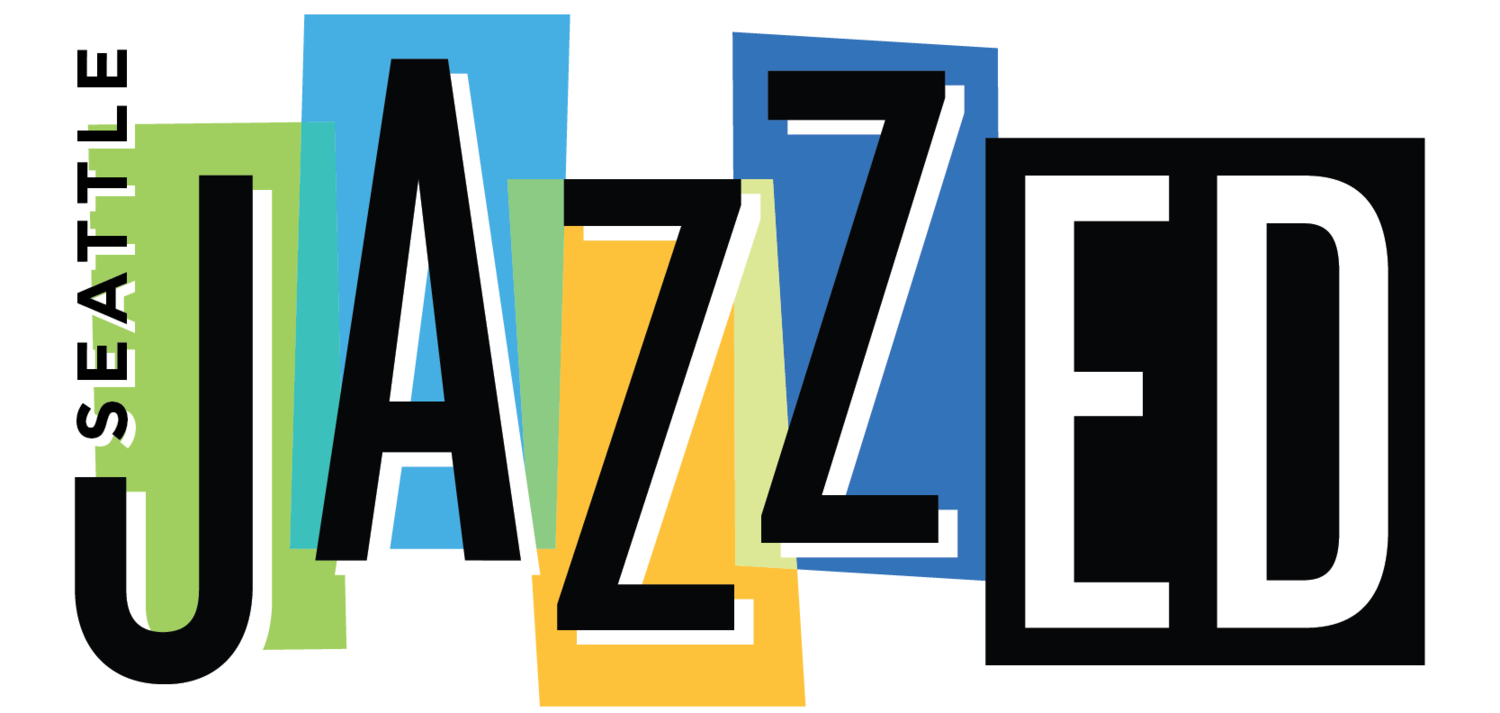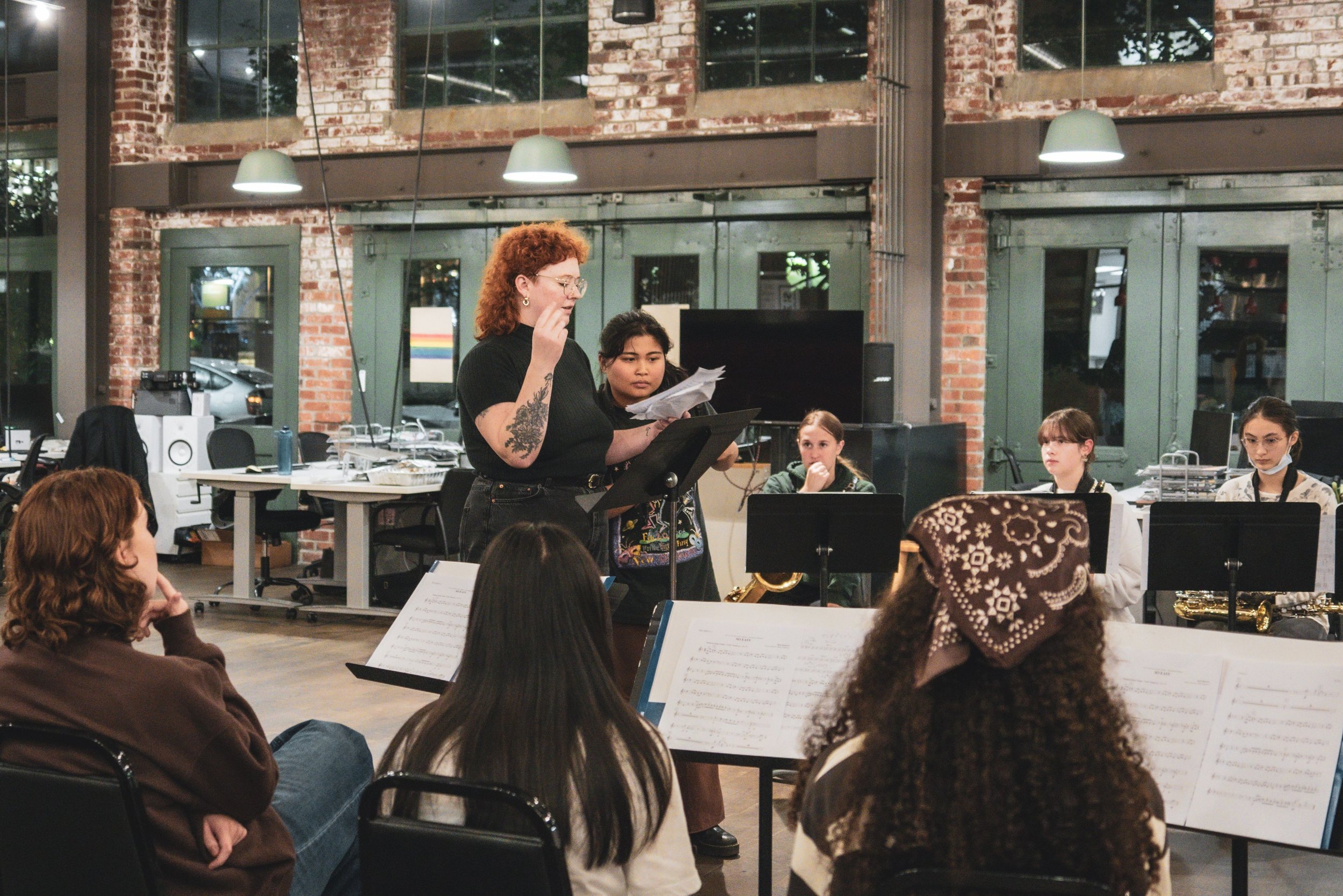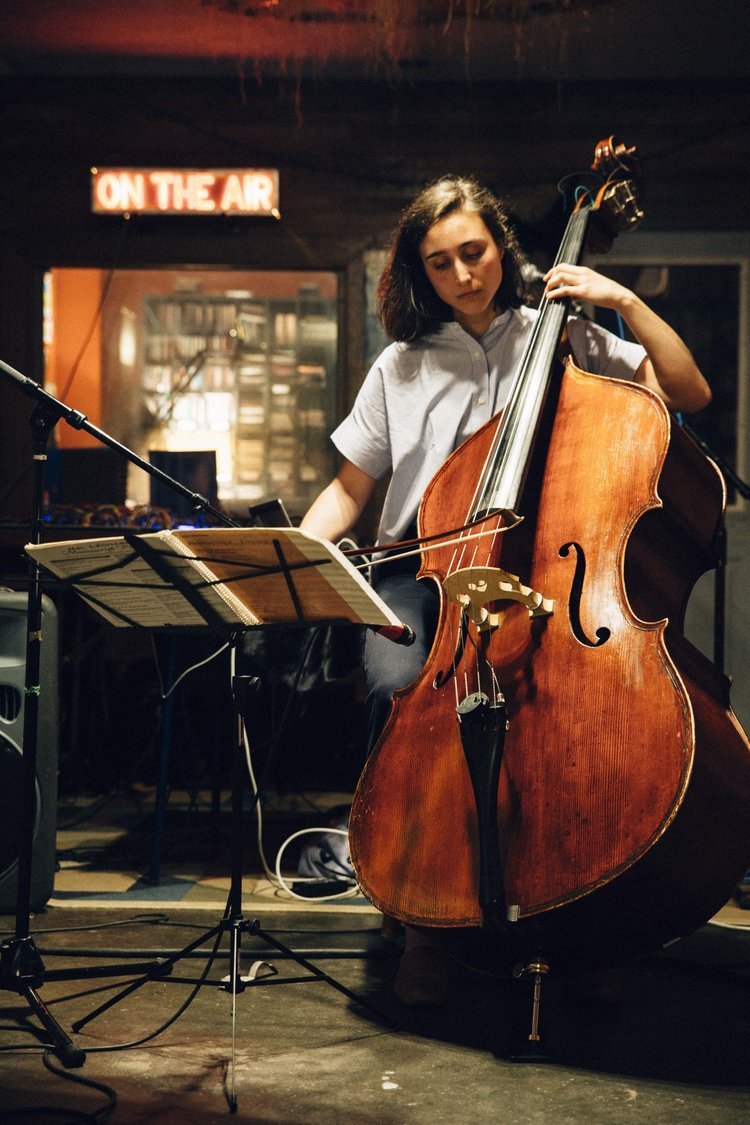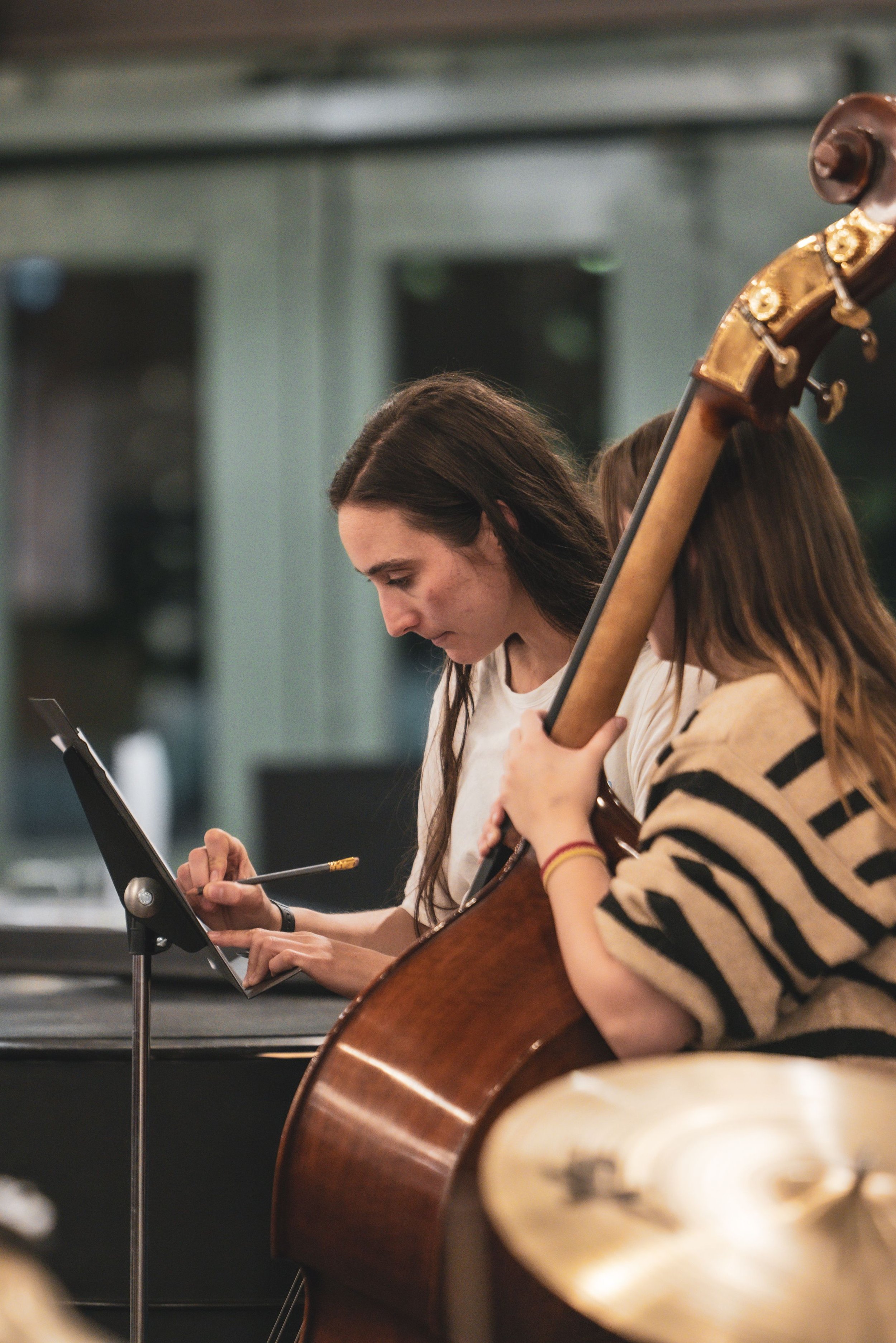In Tune with Progress: Seattle JazzED's 2023 Highlights
/Throughout the year, we’ve explored and examined the ‘why’ of our presence here. And at the core of it all, we are committed to advocating for justice within our community, striving to create spaces where youth can confidently be themselves.
As we tighten the ribbon of 2023, we want to celebrate the collective spirit of our community in embracing our youth and supporting this organization.
Highlights of 2023
A Soundtrack to Remember: On March 9th, 500 people gathered for our Soundtrack for the Future Gala. Our JazzED students, educators, alum, and staff poured onto the stage to perform with headliner Martina DaSilva and Friends.
fEMME jAZZ dAY gROUP, pHOTOGRAPHY BY jOCELYN r.c.
Femme Jazz Day: On April 30th, Girls Ellington Project alum hosted an interactive experience dedicated to femme musicians filled with inspiring talks, beautiful music, and lots of laughs with other musicians.
BDX Revival: On June 3rd, JazzED hosted the BDX Drumline Festival, an educational showcase that provided percussionists the opportunity to workshop with professional drumline adjudicators across the Pacific Northwest.
Our New Mission Statement: In a board meeting held on June 13th, Seattle JazzED announced the adoption of a new mission statement that propels our commitment to jazz education to new heights.
WeBop to JazzSprouts Refresh: JazzSprouts embodies the essence of the program. This rebranding signifies the organization’s commitment to creating a vibrant and inclusive space where families can explore the rich and diverse world of jazz together.
Kelly Clingan, JazzED’s Education Director, Speaking to Kids at Leschi Elementary School. Photograph by JazzED Staff.
First Meet Your Instrument Day at Leschi Elementary: On September 18th, JazzED hosted its first Meet Your Instrument Day at partner school, Leschi Elementary School. The school is one of three Seattle Public School partners to host JazzED, delivering afterschool music and instruction directly to the school steps of 4th and 5th graders.
Girls Ellington Project Leadership Change: In September, after a decade of leading our Girls Ellington Project, Kelly Clingan passed the baton to new enthusiastic educators. The addition of more educators means more perspectives and a richer, meaningful exchange of ideas and skills between the student and teacher.
Intro to Ukulele at Beacon Hill International: In a partnership with Beacon Hill International, we brought our Intro to Ukulele class, a multi-week enrichment program. Rather than being an after-school program, Intro to Ukulele is offered during the school day so we can reach more students directly in school settings.
Onwards to 2024
At the heart of our mission to provide music education that liberates and inspires, we have a community of people who care deeply about our youth. As we keep charting forward, here are three ways you can join us in our mission:
Spread the word: Help us reach a wider audience by spreading the word about Seattle JazzED. Share our mission and programs with your friends, family, and colleagues. Whether it’s one new student enrolled in a program, or a band booked for an event, every new supporter we gain brings us one step closer to our goals.
Share resources: Community contributions are vital in sustaining our programs and expanding our reach. Your donation, no matter the size, amount, or type, makes a significant difference in our ability to provide music education opportunities. We value all kinds of resources; gently used and new instruments, financial contributions, time, and talents!
Attend our events: Participate in our concerts, workshops, gala, and events. Your presence not only uplifts our students but also contributes to the vibrant music community we are building together.















